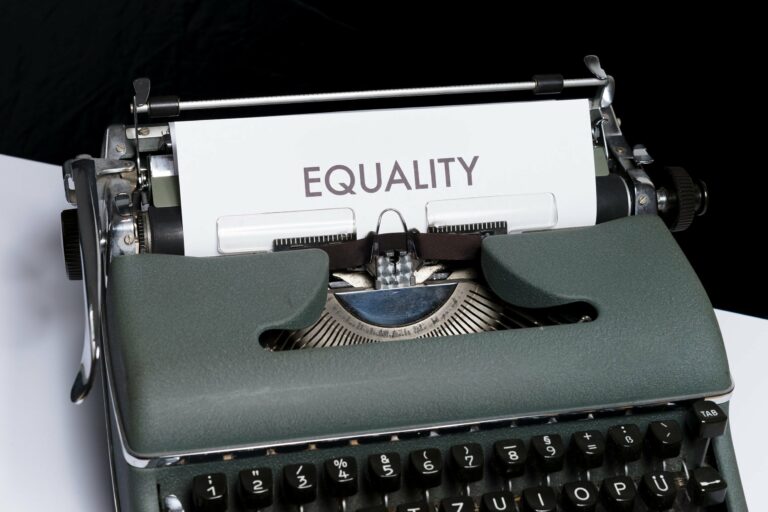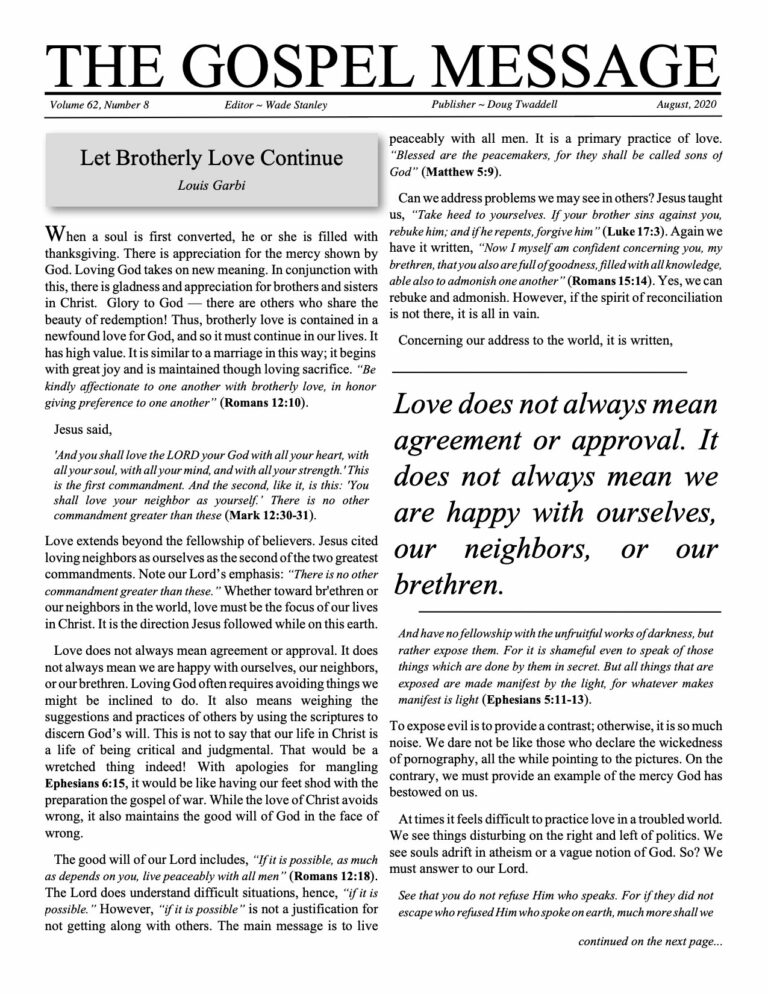Equality
From the standpoint of being on earth, we are equal. We are from the same ancestor, Noah. Noah came from Adam, who was created in the image of God. We have the same potential to be received by God. We have the same requirements for life in the body: air, water, food, clothing, and shelter. We have the same needs of the spirit: to be loved and to practice love. All have the same weakness of sinning and the same responsibility to repent. Within the scope of repentance, the same capacities exist: to evaluate our behavior by the standard God has set forth, regret, and turn to God for mercy.


